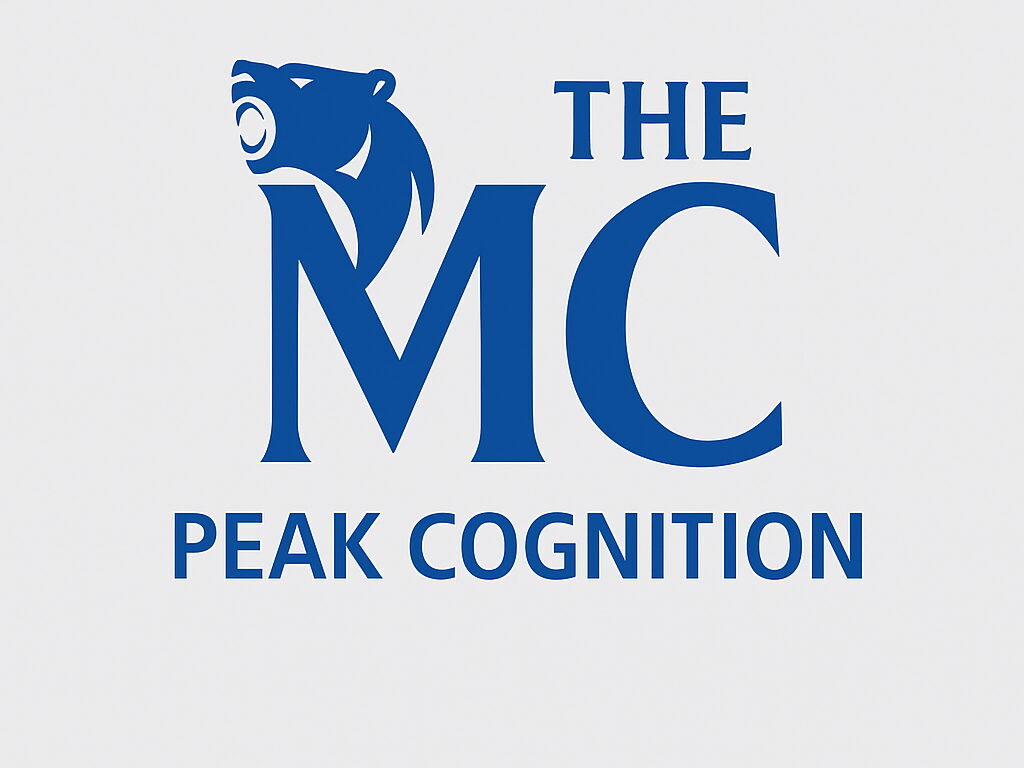
Optimal functioning theory is a psychological framework that emphasizes the importance of identifying and leveraging an individual’s unique strengths and abilities in order to achieve optimal performance and well-being.
At its core, optimal functioning theory suggests that people are most likely to thrive when they are able to use their strengths and skills to pursue goals that are personally meaningful and aligned with their values. This can involve developing a deep sense of engagement with activities and experiences, cultivating positive emotions and relationships, and finding a sense of purpose and fulfillment in one’s life.

One key aspect of optimal functioning theory is the concept of flow, which refers to a state of intense absorption in an activity that is both challenging and rewarding. When people experience flow, they often feel a sense of effortless focus and concentration, and may even lose track of time.
Another important aspect of optimal functioning theory is the idea of positive psychology, which focuses on promoting positive emotions, relationships, and experiences, rather than simply addressing negative symptoms or problems. This can involve developing mindfulness and self-compassion, cultivating gratitude and optimism, and building strong social connections.
Overall, optimal functioning theory offers a holistic and strengths-based approach to understanding human behavior and well-being, and has important implications for both individual and societal interventions aimed at promoting flourishing and resilience.
